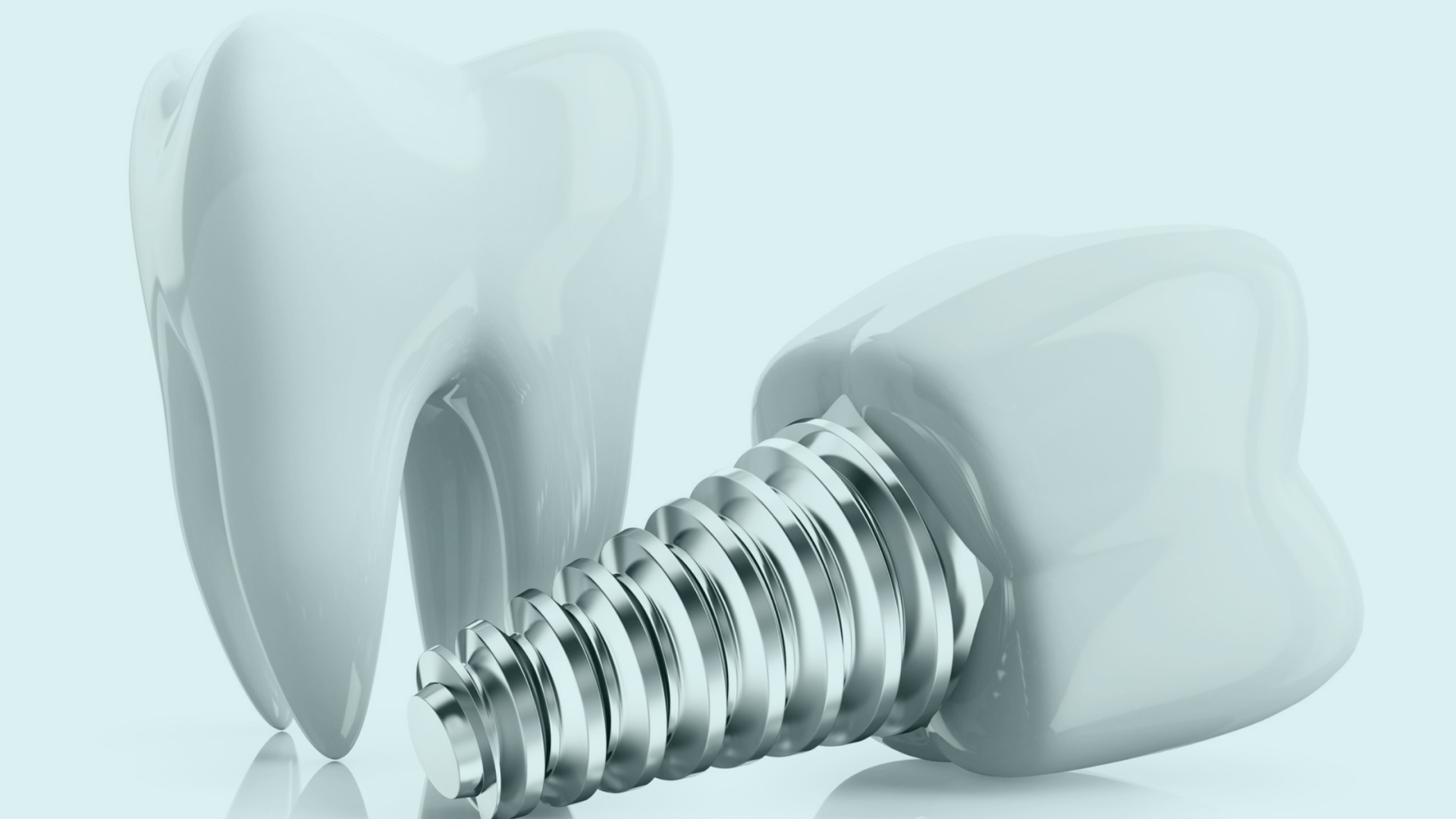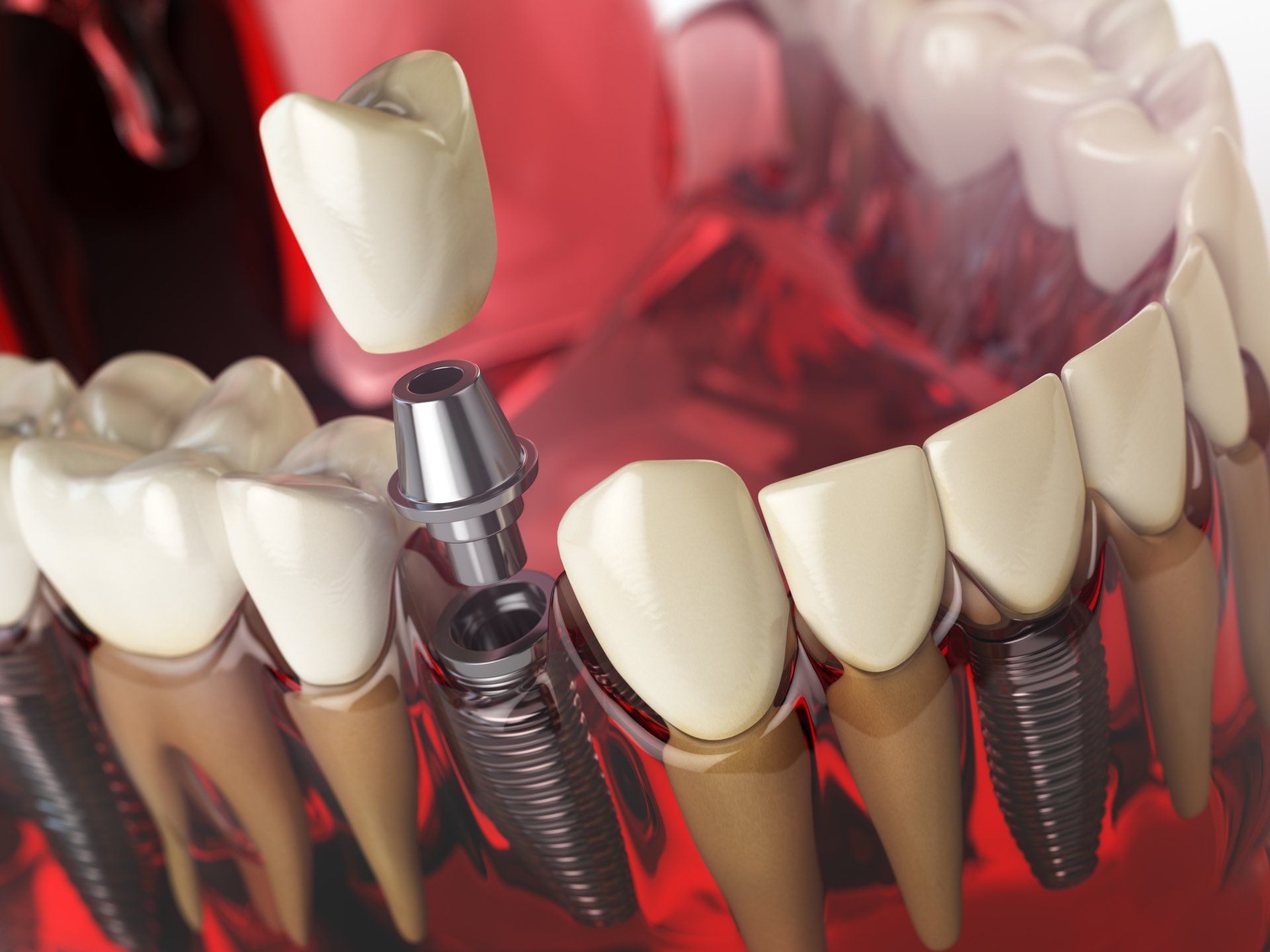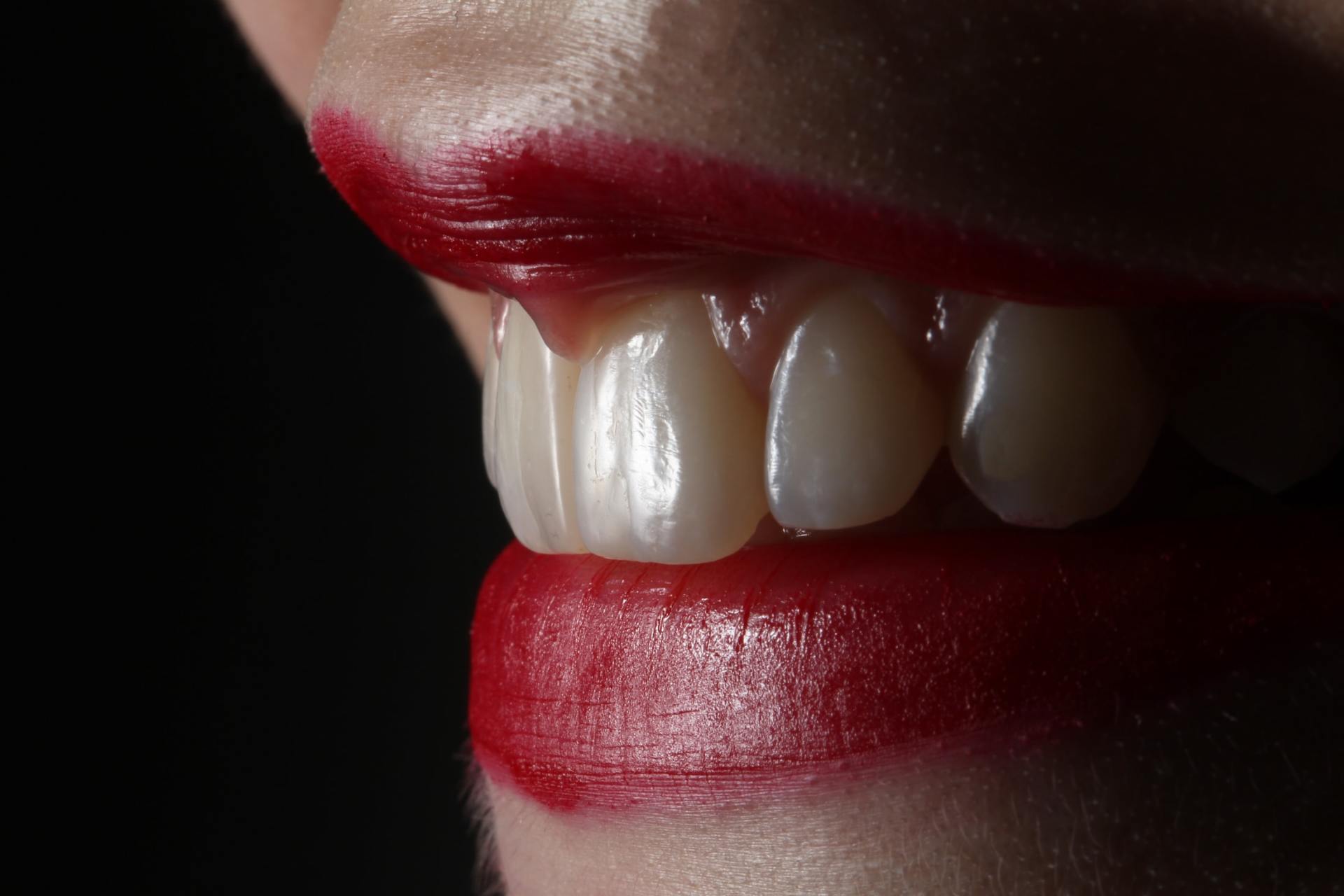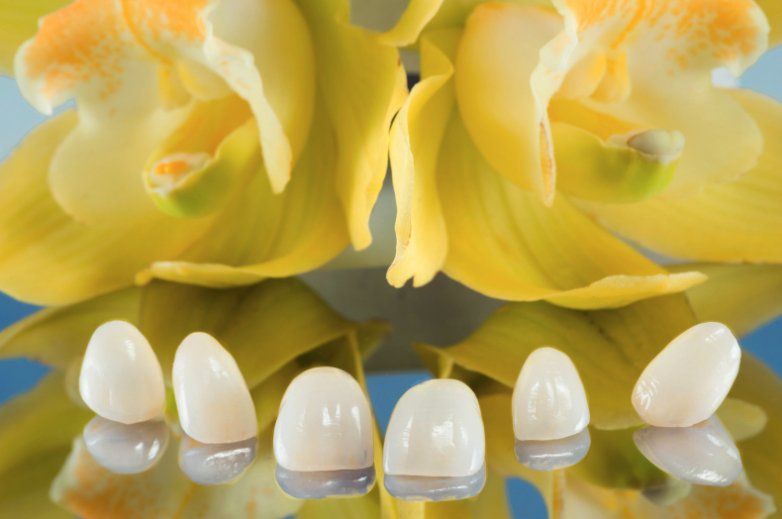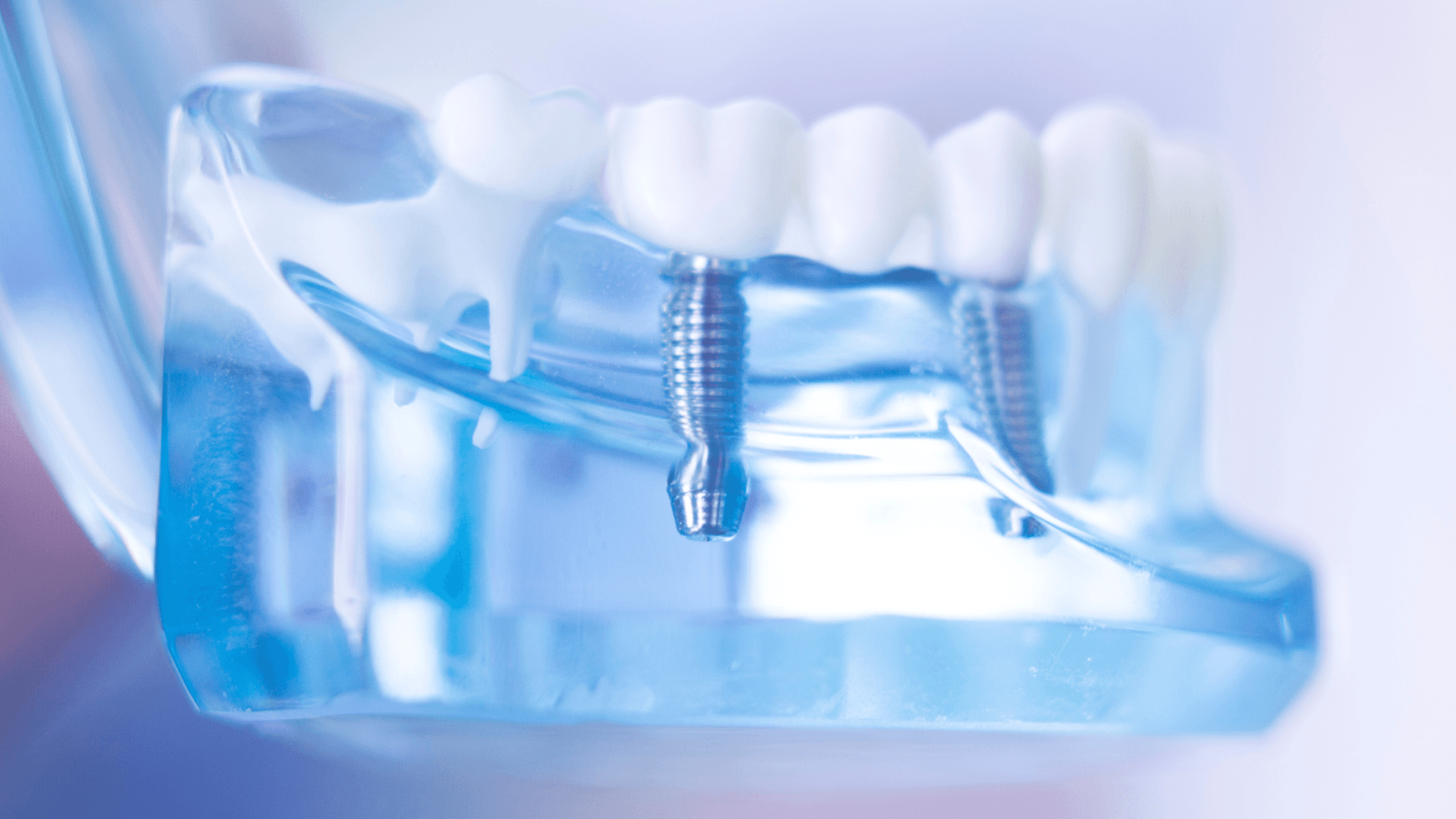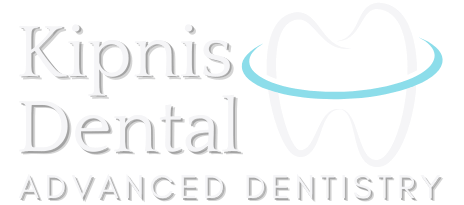Do Crowns on Your Teeth Decay?
Millions of people in the United States and around the globe get dental crowns to protect, cover and restore teeth that are otherwise impossible to restore.
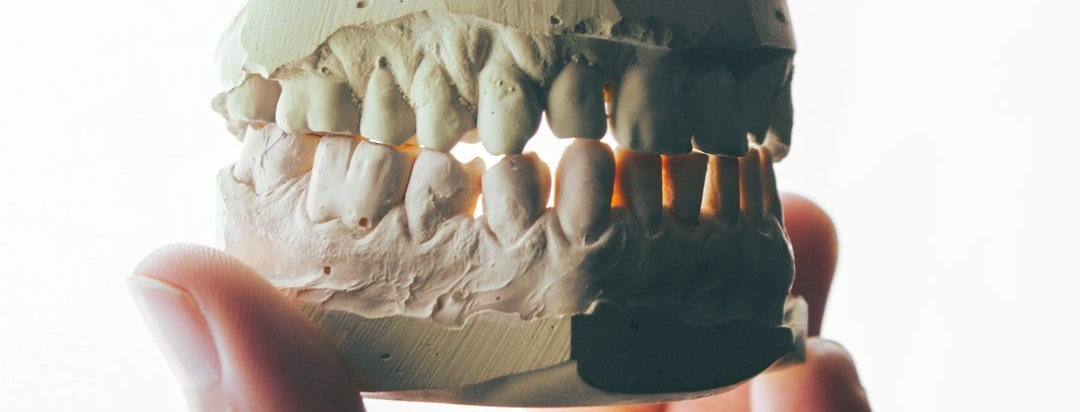
A dental crown requires the preparation of the damaged tooth to act as a support and is able to restore its natural shape and function. Since the tooth is not visible, some patients mistakenly believe that it is protected against decay. But the truth is that the underlying tooth and root structures are still vulnerable to cavities.
A dental crown is a tooth-shaped cap made from different high strength materials; the most common are metal, porcelain, resin, and ceramic. Dentists typically recommend crown placement when there has been extensive damage to the tooth structure above the gum line, but the root remains healthy. The tooth structures underneath the crown can still get damaged by bacteria that cause tooth decay. Bacteria usually leak through the space between the crown and the gum line, known as the margin. If plaque - a sticky biofilm of cariogenic bacteria - builds up at the margin and is not removed, a cavity will eventually appear underneath the crown.
Dental crown vs implant
In contrast with crowns, implants are used when the patient has a total loss of their tooth, including its root. Under these conditions, the whole tooth will be replaced by an implant made of a biocompatible material unaffected by caries. This is the case because there is no natural tooth that can decay. That being said, dental implants are still susceptible to a type of infection called peri-implantitis caused by poor dental hygiene. Peri-implantitis affects the supporting tissue around the implant and can lead to implant failure down the road. It is very important to take good care of your dental implants! At Kipnis Dental Implant Clinic in Brooklyn, along with any implant treatment we provide you with detailed brochures for both your education and the success of our treatment. You don't want to pay for an implant operation twice!
When is a dental crown needed?
Dental crowns are an advanced type of indirect operative dentistry. Dental crowns are required when teeth have suffered extensive damage, affecting their shape, function, and aesthetics, which cannot be restored with direct techniques. The most common reasons to need a dental crown are:
- To repair a fractured tooth that cannot be rebuilt through a simple process.
- To protect a tooth that has been weakened, usually due to decay.
- To reinforce a tooth that has had a root canal. In some cases, a crown after a root canal might be recommended to prevent tooth fracture.
- To cover a discolored tooth. A crown can be made to match the color of the surrounding teeth.
- To cover a misshapen tooth.
- To support dental bridges.
How to detect cavities under crowns?
When decay develops under the dental crown, it usually progresses rapidly, undermining the remaining tooth. Therefore, it is essential to identify a cavity as soon as possible. Some signs and symptoms that may indicate the need for an early dental check-up are:
- Pain during mastication
- Tooth sensitivity to cold or sweet food
- Inflamed gums
- Bleeding when brushing
- Visible brown or grey spots at the margin
Usually, the infected area is small, which makes it difficult to detect the defect. Dentists can use a radiograph (x-rays), CariVu, and other advanced dental imaging techniques to determine if there is a cavity forming underneath the crown without taking it out.
How to prevent cavities under dental crowns?
The most effective way to avoid having cavities, including cavities under a dental crown, is proper dental hygiene routines. For this reason, you must brush your teeth at least twice a day, paying particular attention to clean the edges of the crown. Also, dental flossing or the use of an oral irrigator is practically mandatory to keep the prostheses in good condition.
Practicing good oral hygiene can prevent bacterial plaque accumulation and bacteria seeping into the space between the crown and the gum. Respecting all the check-ups scheduled by your dentist is essential to keep your crowns in perfect condition.
How to treat cavities under dental crowns?
Quick treatment of the cavity is essential to stop its progress. With no treatment, caries can lead to tooth loss and other severe consequences. There are several ways to treat cavities under a dental crown.
- Repair the margin: If dental decay is recognized at an early stage, the dentist might be able to clean the decayed material and do a simple dental restoration. This dental filling, placed at the dental crown's margin, could be enough to restore your oral health.
- Root canal: If dental decay has progressed to affect the dental pulp (nerve), an endodontic treatment (root canal) might be necessary. During a root canal, endodontists remove the pulp that contains the nerve endings that cause pain.
- Crown lengthening: Dental crown lengthening is a procedure to recontour gum tissue, bone, or both in order to expose more of the tooth surface. This procedure is often required when caries advance below the gum.
- Crown replacement: In many cases, dental crowns should be removed to treat and eliminate the carious tissue located underneath. After caries are entirely cleaned up, the old crown can not be used because it is impossible to match the original's tooth shape. A new crown must be made, ensuring a perfect fit. Placing a new crown is possible only when the remaining tooth structure can still support it.
- Tooth extraction: For more severe cases, where cavities have left untreated, decay will continue going deeper until it reaches the pulp. In this scenario, dentists will evaluate if a root canal therapy is possible; otherwise, tooth extraction will be necessary. Tooth extraction is the best option when the tooth decay is beyond repair, and the surrounding gum and bone density is weak.
To conclude
Dental crowns are an effective treatment to maintain severely affected teeth. Even though, at first sight, a dental crown might look like it is covering and protecting the entire tooth, there is a small area at the crown's base where the tooth that supports the crown is still exposed to the oral cavity. For these reasons, it is important to keep in mind that maintaining proper oral hygiene (i.e., regular dental brushing and flossing) is vital for the treatment's longevity. If you believe your crown is at risk, please schedule a consultation with Dr. Kipnis to see how to treat your tooth and prevent further damage!
Contact
Office:
Email:
marinakipnis@hotmail.com
Address:
3041 Brighton 2nd St. Brooklyn NY 11235
Services
Dental Cleaning
Dental Veneers
Crowns & Bridge
Extractions
Gum Treatments
Implant Restoration
Invisalign
Root Canal
Sleep Apnea
Teeth Whitening
Dental Cleaning
Dental Veneers
Crowns & Bridge
Extractions
Gum Treatments
Implant Restoration
Invisalign
Root Canal
Sleep Apnea
Teeth Whitening
Quick Links
Designed by Keter Capital

